This is a guest blog by Rhiannon Cox from The Wingate Centre, who were exhibitors at our latest Kidz to Adultz Venue to Virtual event. If you missed our last Venue to Virtual event, don’t worry! There is still time to participate up until 31st March.
This week is Neurodiversity Celebration Week but what does Neurodiversity mean?
Neurodiversity is a relatively new term. In the 1990’s sociologist Judy Singer first coined the term, she wanted to move away from the medical model that conditions, such as Autism, are something that should treated or cured. That in fact these neurological conditions should be embraced and seen as a valuable part of human diversity.
The term neurodiversity is now used to empower and to promote positive qualities of those with a neurological condition. Neurodivergent individuals have many strengths and talents. These include, but are not constrained to, unique insights & perspectives, an ability to think outside of the box, problem solving skills, creativity, and innovation. These talents should be recognised, encouraged, and developed. Neurodivergent adults have a great deal to offer society, where they can contribute both economically and socially.
We are as diverse and individual on the inside as we are on the outside
The above conditions are classed as neurodivergent, in the simplest form they each present variation in the human brain. The concept has a basis in science where brain imaging studies show that there are differences between children with learning and thinking. These differences appear in how the brain is ‘wired up’ and how individual functions facilitate learning and thinking.
The Wingate Centre celebrates the positives of difference & inclusivity, helping to build confidence, self-esteem, motivation, and resilience in those who visit. All children and young adults with special educational needs and disabilities are welcomed with open arms. The facilities at the Centre can accommodate even the most complex and demanding needs; be that a Rebound Therapy session, dedicated time in The Sensory Room, a Dance & Movement class, or a residential stay.
For more information or to book a session or stay please call 01270 780456 or email office@thewingatecentre.co.uk.
Sources: www.understood.org, www.autisimtoolbox.co.uk, Open Learn


Comments are closed